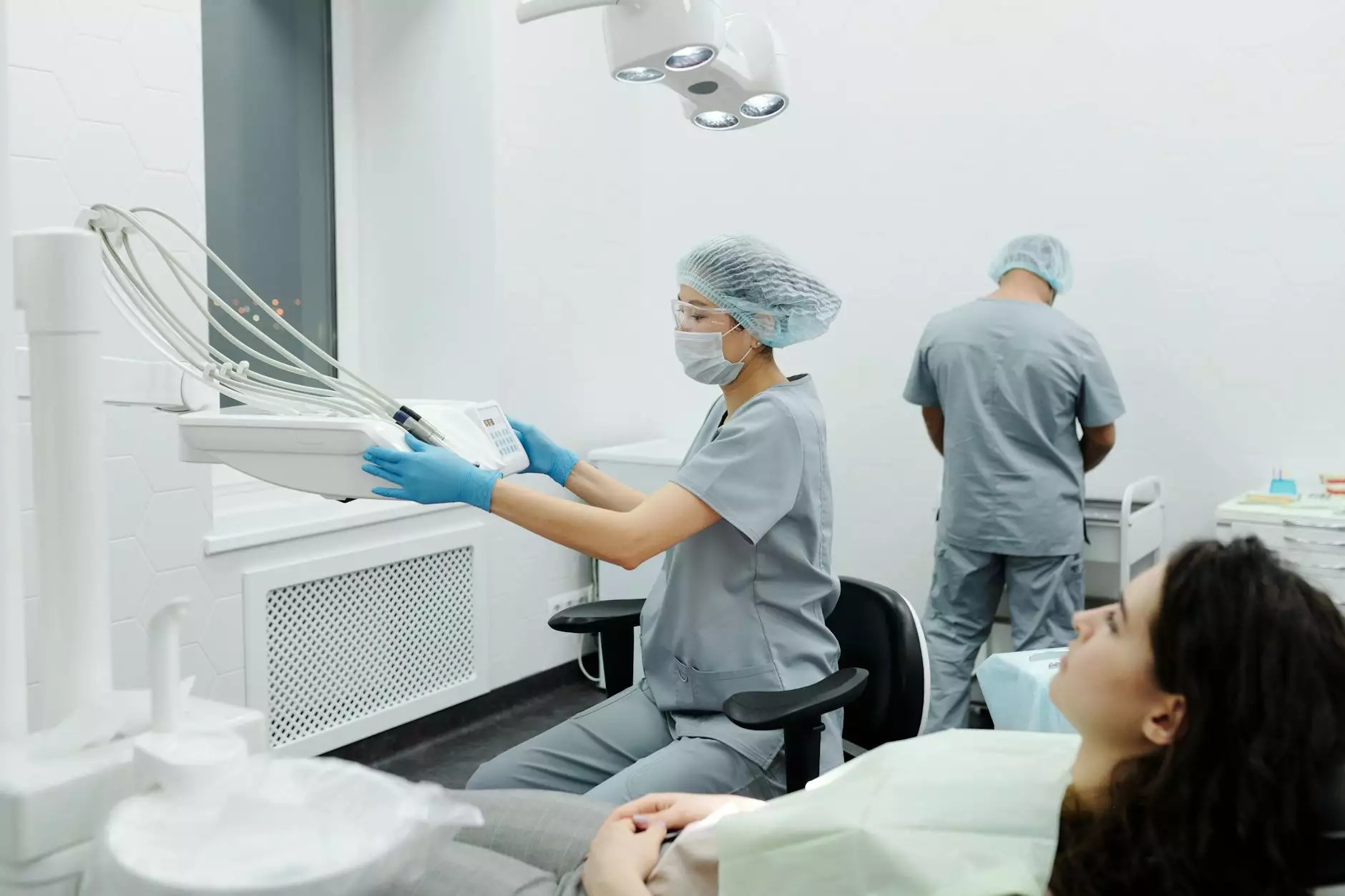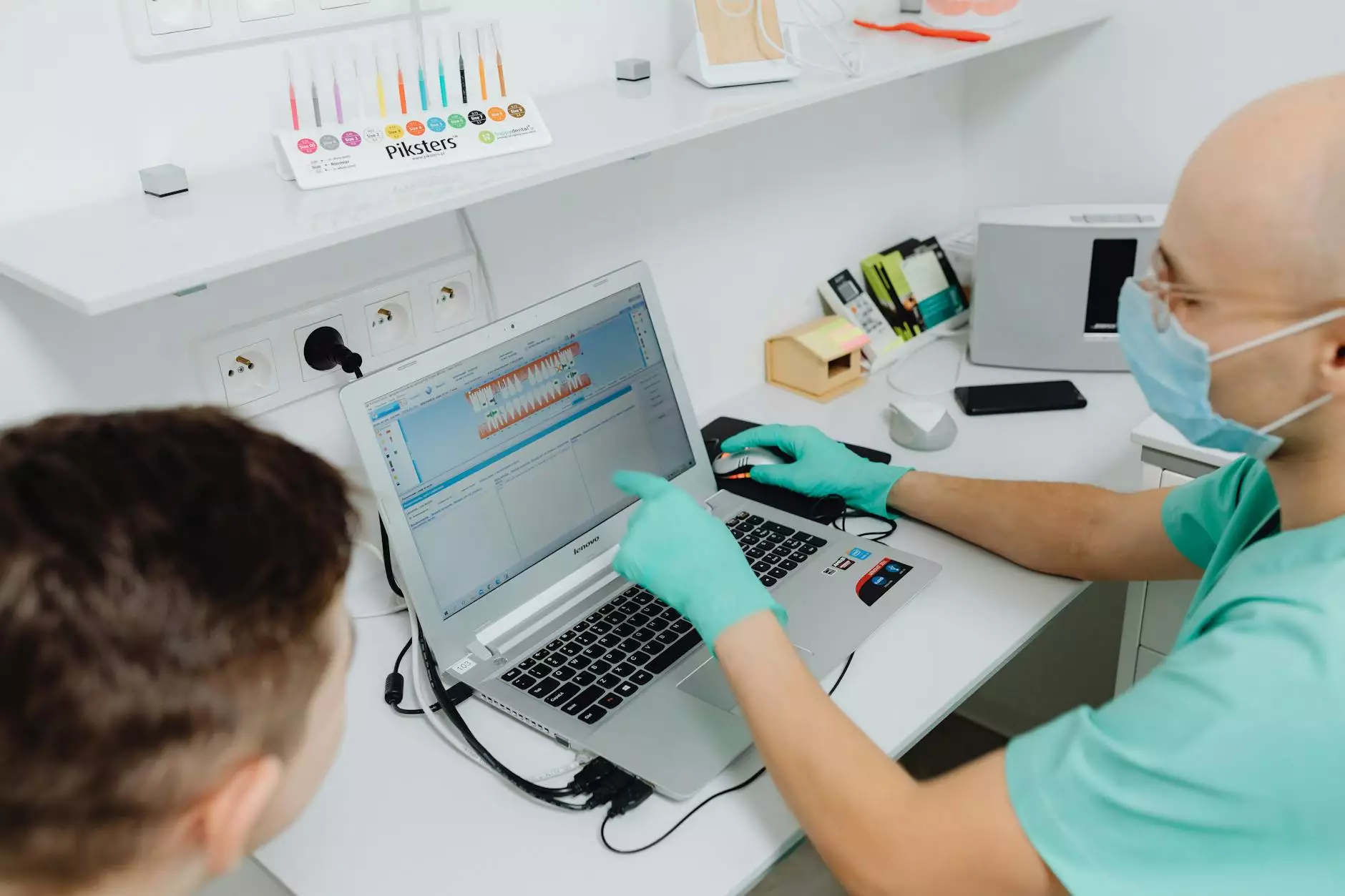Ultimate Guide to Learning Medical Coding for Healthcare Professionals

Medical coding is an essential aspect of the healthcare industry that translates medical diagnoses, procedures, and services into universally recognized codes. As the demand for efficiency and accuracy in medical billing continues to rise, the importance of learning medical coding cannot be overstated. This article is designed to provide a thorough understanding of medical coding, why you should learn it, and how it contributes to the overall success of medical practices and health centers.
What is Medical Coding?
Medical coding is the process of transforming healthcare diagnoses, procedures, medical services, and equipment into alphanumeric codes. These codes are essential for a variety of purposes:
- Facilitating billing procedures
- Ensuring accurate record-keeping
- Streamlining the claims process
- Supporting data analysis and research
Why Should You Learn Medical Coding?
Learning medical coding offers numerous advantages for healthcare professionals. Here are some compelling reasons to consider:
- Career Opportunities: With an increasing number of medical facilities, the demand for skilled medical coders is on the rise. By learning medical coding, you can open doors to various job opportunities in hospitals, clinics, and private practices.
- Job Stability: The healthcare industry is one of the fastest-growing sectors, ensuring that skilled professionals in medical coding enjoy a stable career.
- Remote Work Flexibility: Many medical coding jobs offer the option to work remotely, providing flexibility in your work environment.
- Contribution to Patient Care: By ensuring accurate coding, medical coders play a vital role in patient care and healthcare administration.
Understanding the Types of Medical Codes
There are several coding systems used in the healthcare industry. Understanding these systems is crucial for anyone looking to learn medical coding:
1. ICD Codes
ICD (International Classification of Diseases) codes are used to describe medical conditions and diagnoses. They are critical for statistical purposes and billing.
2. CPT Codes
CPT (Current Procedural Terminology) codes detail the specific procedures and services provided by healthcare professionals. Accurate CPT coding is vital for ensuring that healthcare providers are reimbursed appropriately.
3. HCPCS Codes
The HCPCS (Healthcare Common Procedure Coding System) includes codes for healthcare procedures, supplies, products, and services not covered by CPT codes, such as durable medical equipment.
Steps to Learn Medical Coding
If you are interested in pursuing a career in medical coding, follow these steps to get started:
- Research Coding Programs: Look for accredited training programs or courses. Many community colleges, vocational schools, and online platforms offer medical coding courses.
- Study the Coding Guidelines: Familiarize yourself with the guidelines and rules associated with ICD, CPT, and HCPCS codes.
- Hands-On Practice: Use sample medical records and coding scenarios to practice your coding skills. Many training programs offer practical exercises and case studies to enhance learning.
- Obtain Certification: Consider earning certifications such as the CPC (Certified Professional Coder) or CCA (Certified Coding Associate) to validate your expertise.
- Join Professional Organizations: Becoming a member of organizations like the AAPC (American Academy of Professional Coders) can provide networking opportunities and access to resources.
Essential Skills for Medical Coders
To excel in medical coding, individuals must develop certain skills:
- Attention to Detail: Coding requires precision to ensure accuracy in billing and patient records.
- Analytical Skills: Coders must analyze medical documents and understand how to translate that information into the correct codes.
- Knowledge of Medical Terminology: A strong foundation in medical terminology is essential for decoding complex medical documentation.
- Technical Proficiency: Familiarity with coding software and electronic health record (EHR) systems is increasingly important.
The Role of Medical Coders in Healthcare Clinics
Medical coders are vital to the functioning of healthcare clinics and medical centers. Their responsibilities include:
- Processing Patient Records: Coders review patient charts and documents to ensure all relevant information is captured.
- Submitting Claims: After coding, they submit claims to insurance companies to facilitate patient billing.
- Compliance Management: Ensuring that coding practices comply with government regulations like HIPAA is a critical aspect of their job.
- Collaboration with Healthcare Professionals: Coders work closely with doctors, nurses, and administrative staff to ensure proper documentation and coding.
Challenges in Medical Coding
Despite its importance, medical coding comes with its own set of challenges:
- Code Changes: Medical coding systems are frequently updated, requiring coders to stay informed about the latest coding rules and guidelines.
- Complex Documentation: Medical documents can often be complex and filled with jargon, making accurate coding challenging.
- Insurance Policies: Navigating the different billing practices and regulations of various insurance companies can be daunting.
Future of Medical Coding
The future of medical coding is evolving with advancements in technology and changes in healthcare regulations. Some trends to consider include:
- Increased Automation: The use of artificial intelligence and machine learning is on the rise, which may streamline the coding process.
- Telehealth Coding: With the advent of telehealth services, new coding practices are emerging to accommodate remote patient visits.
- Adoption of Electronic Health Records: EHR systems are becoming more widespread, necessitating coders to adapt to these technologies.
How Medical Coding Affects Healthcare Revenue
Medical coding significantly impacts the overall revenue of healthcare facilities. Accurate coding leads to:
- Timely Reimbursement: Ensuring that claims are submitted correctly and quickly helps healthcare providers receive payment faster.
- Reduced Denials: Accurate coding minimizes the chances of insurance claims being denied, which can disrupt cash flow.
- Insights for Management: Well-coded data provides valuable insights that can help healthcare facilities optimize their operations and services.
Conclusion
In conclusion, learning medical coding is a valuable pursuit for anyone interested in contributing to the healthcare sector. As healthcare continues to grow and evolve, so does the role of medical coding. By investing time in understanding and mastering this skill, you equip yourself with the tools necessary to thrive in a robust and rewarding field.
Embrace the opportunity to learn medical coding and consider how you can become an integral part of the healthcare ecosystem through accurate coding practices. With dedication and the right resources, you can make a meaningful impact in the health and medical community.
For more information about medical coding and related topics, explore our resources at medesunglobal.com.









